Do you often wake up groggy and tired even though you seemingly slept well? As you struggle with sleepiness throughout the day, you wonder “How much deep sleep should you have a night?”
When you think about it, you realize that you get almost 8 hours of sleep every night. Then why do you feel irritable and exhausted after waking up? Is 8 hours of sleep enough? Or do you need more sleep? Wait, more sleep?
Well, there is no doubt that sleep plays a vital role in our life and directly impacts our physical and mental health and the quality of our life. Unfortunately, in our fast-paced, stress-filled life, we often tend to ignore the importance of sleep. I mean, let’s face it, we all love mindlessly scrolling through our phones at night. Sleep can wait, right?
But sleep deprivation can have serious effects on our lives and most of us are already experiencing its effects. So make sure to snuggle up with your blanket as we explore how much deep sleep should you have a night.
Let’s dive deep into understanding how does lack of sleep affect mental health, what causes lack of sleep and how to sleep less and have more energy. Let’s unravel the mysteries of sleep!
What exactly is sleep?
And why do we even sleep? What is the whole purpose of going to bed when we could simply work or party more during that time? When you start thinking about sleep, the mysteries surrounding a good night’s sleep can be rather baffling. So let’s turn to science.
Researchers explain sleep as “a complex physiological process, in which the body and the mind go into a rest state for some time.” In fact, most “humans spend one-third of their time sleeping and receiving enough of it at the best time, and the right quantity is necessary to survive, just like food and water.”
Related: Overthinking Before Sleep? 8 Ways To Avoid Racing Thoughts At Night And Sleep Better
Experts define sleep as a “state of disconnection from the environment” that involves reduced metabolism, skeletal muscle mobility, and consciousness.
Even though some of us might believe that sleep is something we do to fill our time when we are inactive; in reality, it is not an action, but a necessary activity. “Sleep is a behavioral state that is a natural part of every individual’s life,” state researchers.
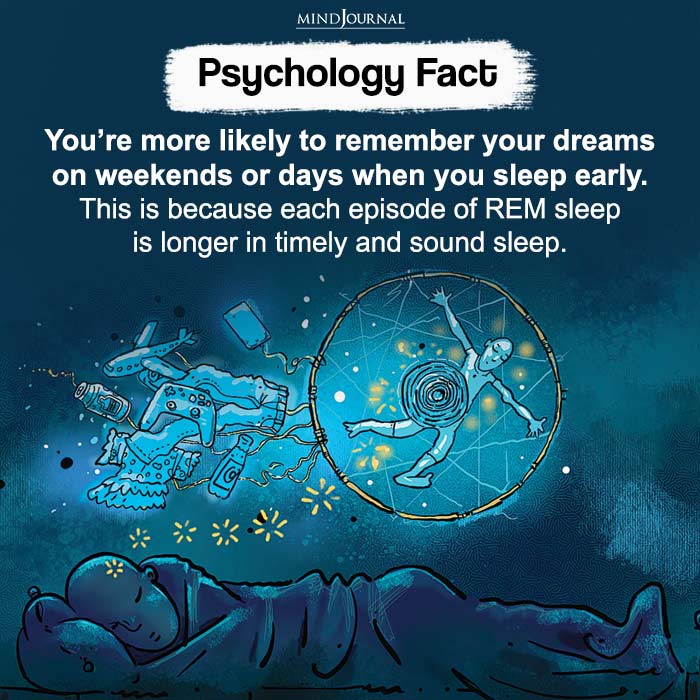
Sleep is crucial for our cognitive and normal motor function, even though we may be unaware of its precise functions. It is not just something we do to rest when we are tired. It is a universal need which must be met by all higher life forms, such as humans, and the absence of sleep can lead to severe physiological consequences.
“Good sleep is essential to good health,” explains researcher Daniel J. Buysse, MD.
Why Do We Need Deep Sleep?
So what do you consider as sleep – How long you lie in your bed or how rested and refreshed you feel when you wake up? The number of hours you spend in your bed has nothing to do with sleep. Deep sleep is an important stage in our sleep cycle and is marked by slow, synchronized brain waves.
Also known as non-rapid eye movement (NREM) sleep or slow-wave sleep (SWS), deep sleep is the hardest stage of sleep to awaken people from and is believed to be the deepest stage of sleep.
NREM sleep constitutes about 75 to 80 percent of total time spent in sleep. In fact, NREM sleep is categorized into 4 stages, each “representing a continuum of relative depth. Each has unique characteristics including variations in brain wave patterns, eye movements, and muscle tone,” revals a study.
Further research shows that the typical 8 hours of sleep we get each night actually involves multiple cycles that alternate between non-REM and REM (Rapid eye movement) sleep.
Our body improves the immune system, repairs tissues and rejuvenates during the deep sleep stages. Researchers believe that “deep sleep is essential for restoring the brain’s capacity to learn efficiently,” and “a single night of low quality sleep can make mental tasks effortful and inefficient.”
Deep sleep also helps in emotional regulation, learning and memory consolidation and makes us feel refreshed after waking up as we gear up to conquer the day.
Related: Health Benefits Of Darkness: 4 Reasons Why You Should Sleep In The Dark, Not With The Lights On
How Much Deep Sleep Should You Have A Night?
The amount of deep sleep you need generally depends on your age, lifestyle, health and individual needs. Typically, an adult requires 1.5 to 2 hours of deep sleep each night, which is about 20-30% of your total sleep duration.
Here are some general guidelines on how much deep sleep should you have a night based on a person’s age –
1. Adults (18-64 years old)
You should aim to get at least 1.5 to 2 hours of deep sleep every night, which should be about 15-30% of your total sleep time.
2. Older Adults (65 years and above)
With age, the duration of deep sleep decreases for most older adults. However, it is crucial to have a healthy sleep cycle.
It should be remembered that your sleep needs significantly vary with your individual needs, health and lifestyle. The sleep need for a highly active individual may vary from someone who is usually inactive throughout the day. Moreover, a person who has a healthy lifestyle will have different sleep needs than someone who has high levels of stress or engages in substance abuse.
It is crucial that you focus on improving your sleep quality, observe your sleep patterns and have a consistent sleep schedule. If you experience certain sleep issues, it is best to consult a healthcare professional.
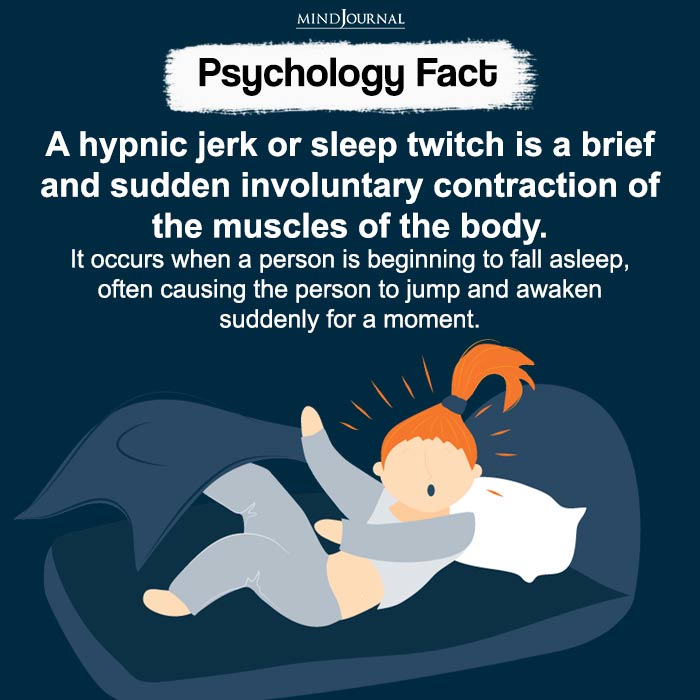
What Causes a Lack of Sleep
There are many factors that contribute to sleep deprivation in today’s modern world. Here are some of them:
1. Lifestyle Choices
Unhealthy habits such as drinking too much caffeine, irregular sleeping patterns, and being over-stimulated by electronic devices and social media can disrupt the body’s natural rhythms. This can make it difficult to fall asleep or stay asleep.
2. Stress and Anxiety
Constantly worrying about real or perceived issues, work-related stress and personal problems can make it hard for us to relax our minds and achieve restful sleep.
3. Medical Conditions
Some medical conditions like sleep apnea, insomnia, restless leg syndrome and chronic pain could negatively affect one’s sleep quality significantly, resulting in inadequate rest.
4. Environmental Factors
Noise, unpleasant temperatures or an uncomfortable mattress or pillow can all interrupt your sleep causing you to miss out on stages of deep sleep.
Is 8 Hours of Sleep Enough?
For decades, the widely accepted notion that one needs 8 hours of sleep every night has been widely accepted by almost all of us. However, is it really necessary for everybody? And is 8 hours of sleep enough? The answer is… it depends .
Although 8 hours of sleep is usually deemed a good place to start for most adults, the amount of sleep required by individuals tends to vary from person to person. While some individuals may function and perform optimally with less sleep, some others may require more sleep to perform effectively during the day.
Multiple factors, such as age, genetics, medical condition, health and lifestyle can also play an important role in determining what the ideal duration of sleep should be for someone.
So is 8 hours of sleep enough? To figure out your ideal length of sleep, listen to your body. That’s the simplest answer. Monitor how you feel after different durations of sleep.
If you find yourself repeatedly struggling with daytime fatigue, attention deficits or changes in mood, then you may need to adjust your hours spent asleep accordingly.
You should also remember that repeatedly getting less than the recommended amount of sleep can lead to serious health issues. Chronically having less than enough sleep has been associated with increased risks for –
- Obesity
- Diabetes
- Cardiovascular diseases
- Impaired cognitive function
- Weakened immune system
- Insulin resistance
- Hypertension
- Obstructive sleep apnea
- Depression
- Anxiety
This is why it is important to have enough sleep to maintain good health and function optimally. With our complicated lives, we may often feel the pressure to adjust our sleep duration to meet all the demands of the day. However, we need to prioritize sleep and get at least 7-8 hours of undisturbed sleep each night.
Being flexible and sensitive to shifts in the amount of time we spend sleeping enables us to adapt and maintain a healthy sleep pattern throughout the various stages of life. And in case you are unable to get 8 hours of sleep each night, you need to focus on improving the quality of your sleep.
Is 8 hours of sleep enough? It is believed that 8 hours of sleep enables our body to reset and rejuvenate after a long, tiring day so that we can tackle another day boldly. This is why you should be aware of your sleep patterns and listen to your body to find the right balance that promotes overall well-being.
Related: How To Fall Asleep In 2 Minutes: Mastering The Military Sleep Technique
How Does Lack of Sleep Affect Mental Health
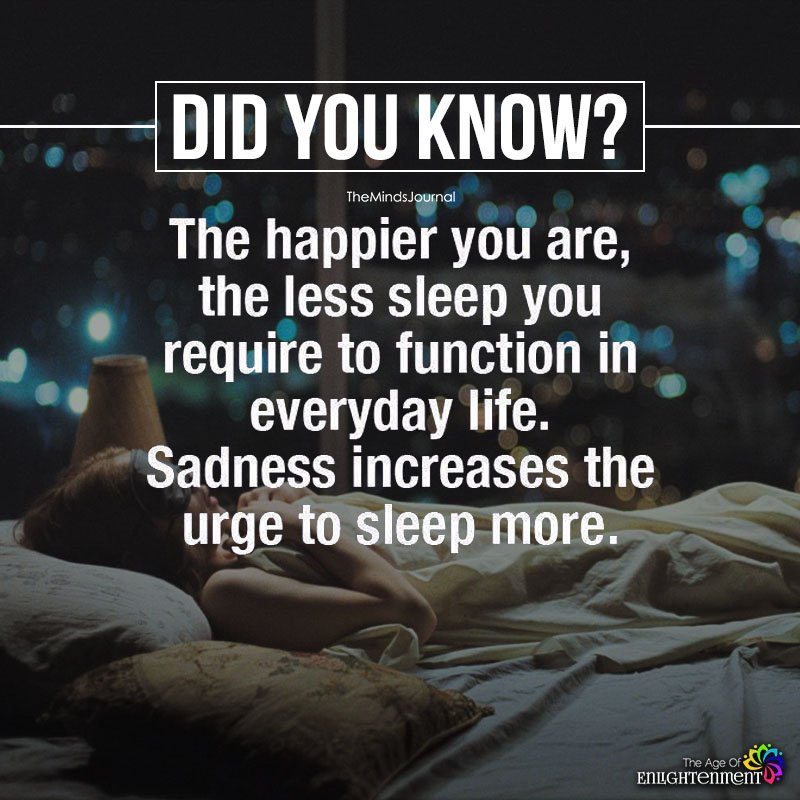
Do you know there is a very close link between sleep and mental health? Mental health of an individual can be greatly influenced by the quality and duration of their sleep.
Sleep and mental health are intimately connected as there is a complex relationship between these two factors. Chronic sleep deprivation can have serious consequences for our mental health, such as increased emotional reactivity, impaired cognitive performance and increased vulnerability to mental disorders.
Here is how a lack of sleep can adversely affect someone’s mental health –
1. Emotional Regulation and Mood
Our emotional reactions can become exaggerated or unpredictable if we are unable to get enough sleep. Sleep deprivation impairs the brain’s ability to process and regulate emotions well, causing increased irritability, mood swings etc.
Long-term sleep deprivation could even contribute to the development of such mood disorders as depression and anxiety.
2. Cognitive Function and Performance
Sleeplessness hampers attention span, concentration levels, and problem-solving skills. A lack of sleep can affect our ability to transform information from short-term to long-term memory.
This can affect our ability to retain and recall information. It can also affect our creativity and flexible thinking.
3. Increased Vulnerability to Mental Health Disorders
Studies show that sleep deprivation can lead to higher levels of anxiety, depression, hypertension, impaired memory, poor focus, impaired executive functions and other psychiatric and medical conditions.
Chronic insomnia is closely associated with depression, anxiety, bipolar disorder, schizophrenia and other similar conditions.
This can be attributed mainly to disturbances in the sleep-wake cycle that influence transmission systems in the brain resulting in the development of these conditions.
4. Increased Response to Stress
Adequate sleep helps us recover from daily stressors because it acts as a natural stress buffer for our bodies and minds. However, with consistent sleep deficiency, our stress response system becomes more active than normal.
It is important that we understand the significance of giving priority to sleep and establishing good sleep habits in order to maintain both physical and mental health. By valuing our own sleep, we may improve our resilience and improve our mental health.
Related: Warning Night Owls: Is Staying Up Late At Night Bad For Your Mental Health?
Tips to Get More Sleep
Here are some quick tips and tricks that will help you fall asleep faster and enjoy some well-deserved quality sleep –
1. Establish a Consistent Sleep Schedule
Ensure that you go to bed at the same time every night and wake up at the same time every morning, even on weekends to regulate your body clock and improve sleep quality.
2. Create Your Ideal Bedroom Environment
Always make sure your bedroom is dark, with no or minimal noise around you, and at a comfortable temperature. Use earplugs, eye shades, or white noise machines to avoid disturbances.
3. Practice Relaxation Techniques
Engage in a pre-sleep routine that includes reading books before going to bed; taking warm showers; practicing deep breathing exercises etc. These will relax your body and mind.
4. Prioritize Sleep Hygiene
Follow a consistent sleep routine and create an environment that is sleep friendly. This can be mentally and physically beneficial.

5. Be Physically Active
Regular exercise improves sleep quality and increases energy levels. Aim for a minimum of thirty minutes of medium-level physical activity on most days. Avoid rigorous workouts immediately before going to bed
6. Manage Stress
Stress can often lead to insomnia. To relieve stress from your mind and body, practice mindfulness meditation, perform deep breathing exercises or pursue hobbies.
Related: The Nordic Secret For Restful Nights: Scandinavian Sleep Method Explained
7. Limit Exposure to Electronic Devices
The light coming from devices like cell phones or computers affect your sleep quality. Do not use electronic gadgets one hour before bed or wear special glasses with filters designed for blocking blue light from screens.
8. Stay Hydrated and Avoid Stimulants
Insufficient water intake causes fatigue and low energy levels. Drink enough water throughout the day for proper hydration. Also make sure to avoid stimulants like coffee, smoking or alcohol late at night.
9. Take Short Power Naps
If you are feeling too tired during the day, a short power nap that lasts about twenty to thirty minutes can give you an energy boost without interfering with your sleep at night.
Remember, finding the right balance between sleep duration and energy levels is unique to each individual. It’s important that you listen to your body, prioritize sleep, and make adjustments to your routine as needed.
Takeaway
Sleep is not a luxury but a necessity for both our psychological and physical well-being. In fact, deep sleep allows our bodies to rebuild, repair and recover. Getting eight hours of sleep is typically regarded as acceptable but this optimal duration of sleep can be influenced by age, lifestyle or general health status.
Remember, a well-rested mind and body are the foundation for a productive, vibrant, and fulfilling life.
Related: 5 Helpful Tips For A Good Night’s Sleep
Frequently Asked Questions (FAQs):
How much deep sleep per night is healthy?
Try to get around 1.5-2 hours of deep sleep each night; although individual needs may vary. So prioritize consistent, restful sleep for overall health.
Is 40 minutes of deep sleep a night enough?
No. 40 minutes of deep sleep nightly may not be sufficient for optimal rest and can impact overall sleep quality.
What causes lack of deep sleep?
Factors like sleep disorders, stress, certain medications and poor sleep hygiene can contribute to a lack of deep sleep.
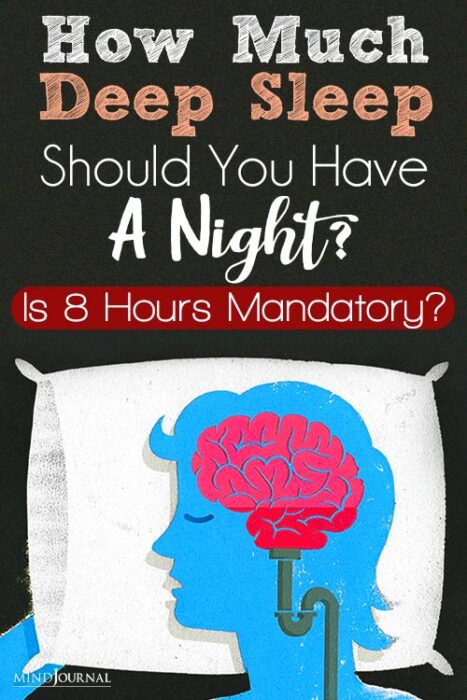
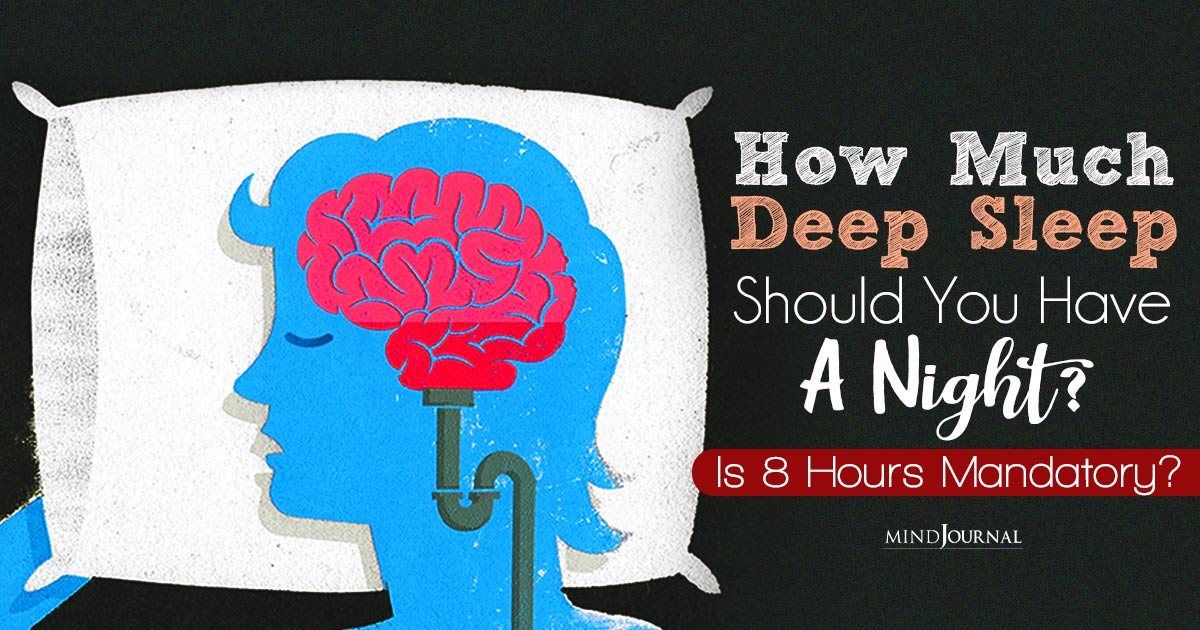

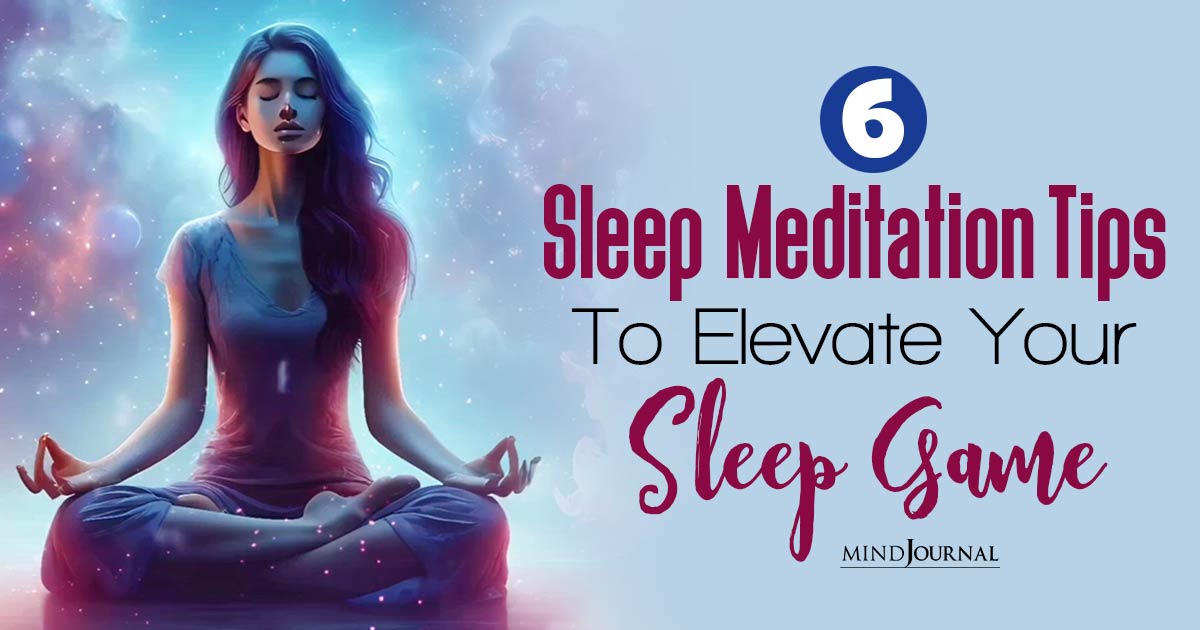


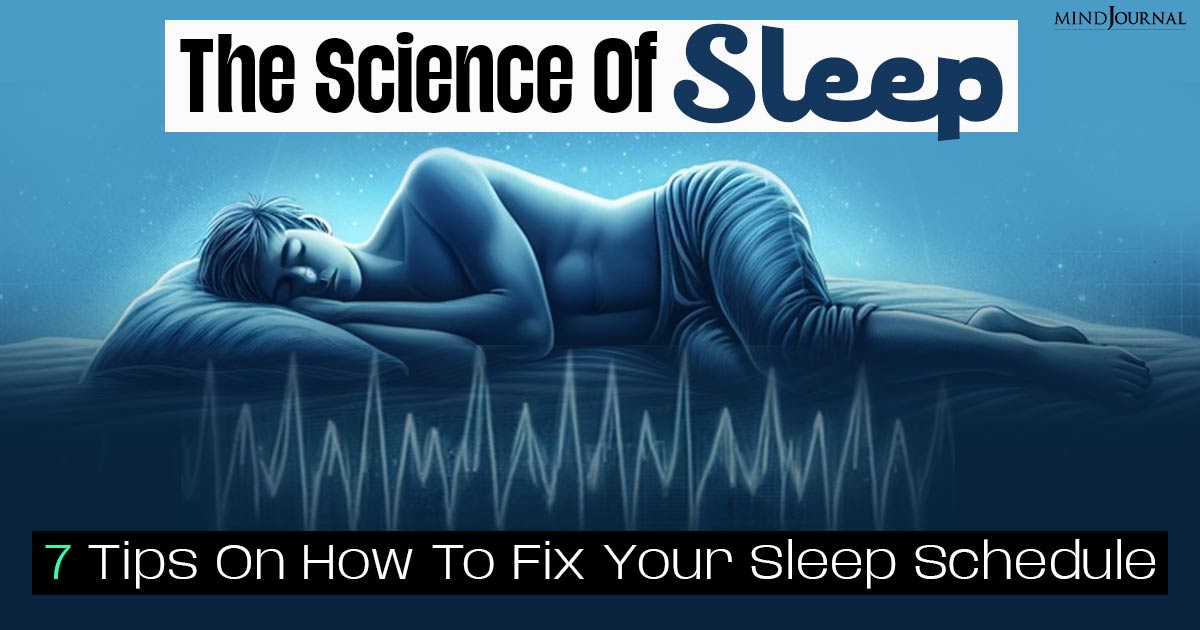
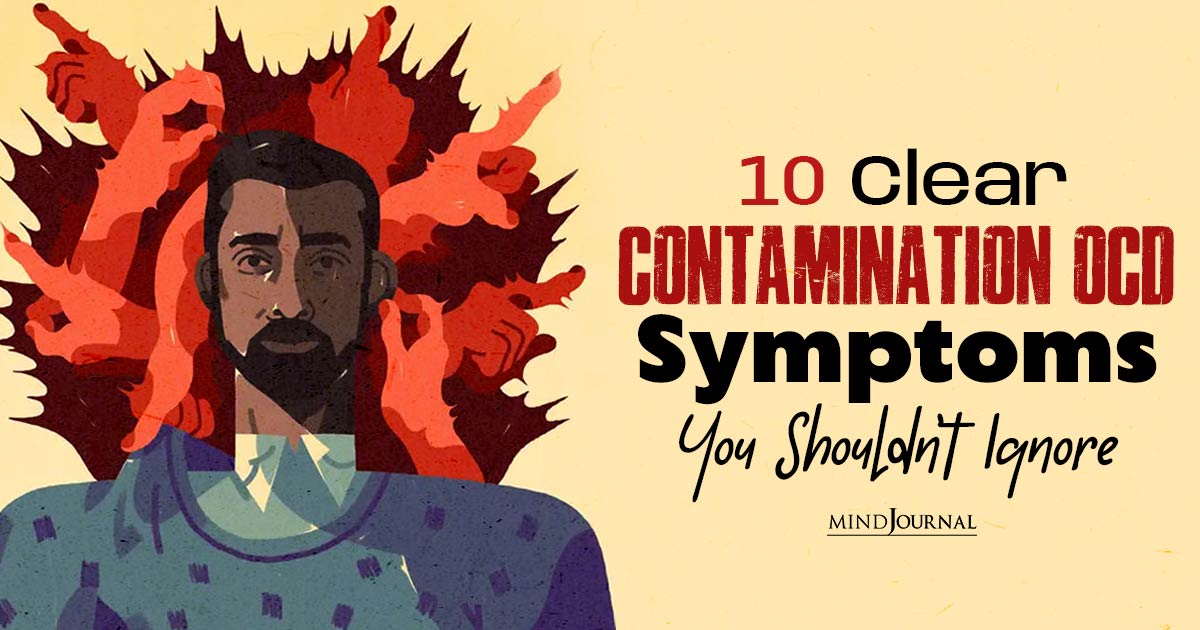

Leave a Reply
You must be logged in to post a comment.